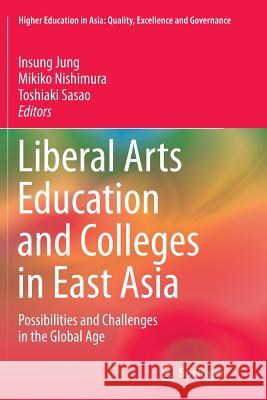Liberal Arts Education and Colleges in East Asia: Possibilities and Challenges in the Global Age » książka
topmenu
Liberal Arts Education and Colleges in East Asia: Possibilities and Challenges in the Global Age
ISBN-13: 9789811091797 / Angielski / Miękka / 2018 / 206 str.
Liberal Arts Education and Colleges in East Asia: Possibilities and Challenges in the Global Age
ISBN-13: 9789811091797 / Angielski / Miękka / 2018 / 206 str.
cena 564,88 zł
(netto: 537,98 VAT: 5%)
Najniższa cena z 30 dni: 539,74 zł
(netto: 537,98 VAT: 5%)
Najniższa cena z 30 dni: 539,74 zł
Termin realizacji zamówienia:
ok. 22 dni roboczych
Bez gwarancji dostawy przed świętami
ok. 22 dni roboczych
Bez gwarancji dostawy przed świętami
Darmowa dostawa!
Kategorie:
Kategorie BISAC:
Wydawca:
Springer
Seria wydawnicza:
Język:
Angielski
ISBN-13:
9789811091797
Rok wydania:
2018
Wydanie:
Softcover Repri
Ilość stron:
206
Waga:
0.32 kg
Wymiary:
23.39 x 15.6 x 1.19
Oprawa:
Miękka
Wolumenów:
01
Dodatkowe informacje:
Wydanie ilustrowane











